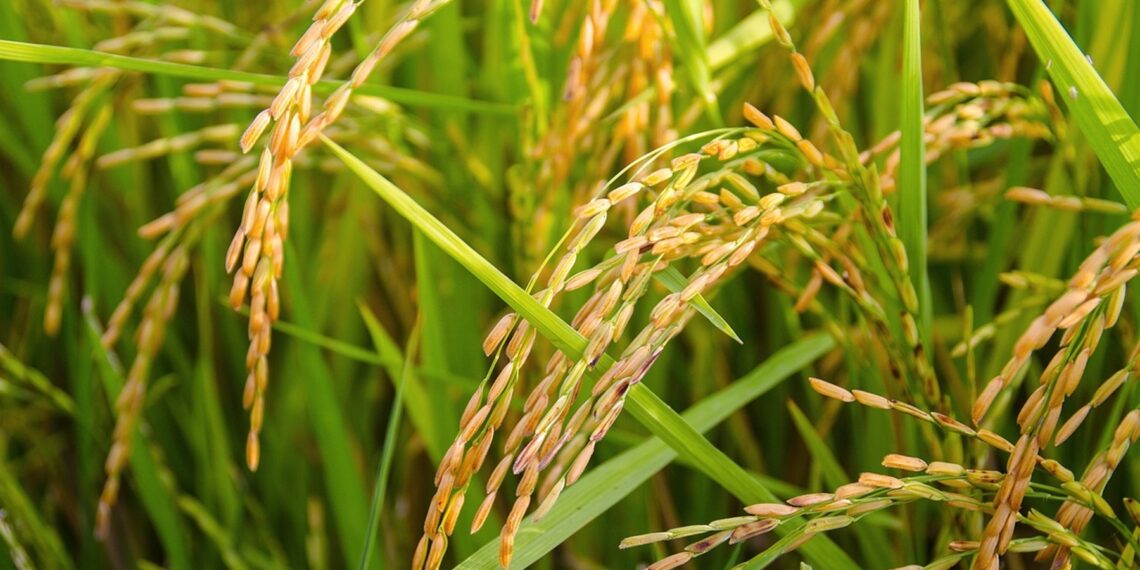New Delhi: The Government of India is facing backlash from civil society groups and scientists after approving the commercial release of two genome-edited rice varieties—Kamala (DRR Dhan 100) and Pusa DST Rice 1—without mandatory safety testing.
The Coalition for a GM-Free India has accused the Centre of bypassing regulatory norms by exempting SDN-1 and SDN-2 gene editing techniques from genetic engineering oversight.
These techniques were used to develop the newly released rice varieties, which claim to offer traits like drought tolerance and higher yield.
According to the coalition, such deregulation violates the Environment Protection Act, 1986, which includes gene editing under the definition of genetic engineering.
The group has demanded immediate withdrawal of the two rice varieties, citing health, environmental, and legal risks.
“Gene editing is being falsely promoted as precise and risk-free. In reality, scientific studies show it can cause unintended genetic mutations that could have toxic or allergenic effects,” the coalition said in a statement.
They also raised concerns about the lack of transparency around intellectual property rights (IPRs) tied to these varieties, warning of threats to seed sovereignty and biodiversity.
India is a global centre of rice diversity, and experts warn that premature release of genetically altered varieties could endanger traditional gene pools critical for climate adaptation and food security.
The government has yet to respond to the coalition’s call for full disclosure of safety data and regulatory justification.
The controversy has reignited debate around India’s biotech policy, with critics urging a precautionary approach to emerging gene technologies.















